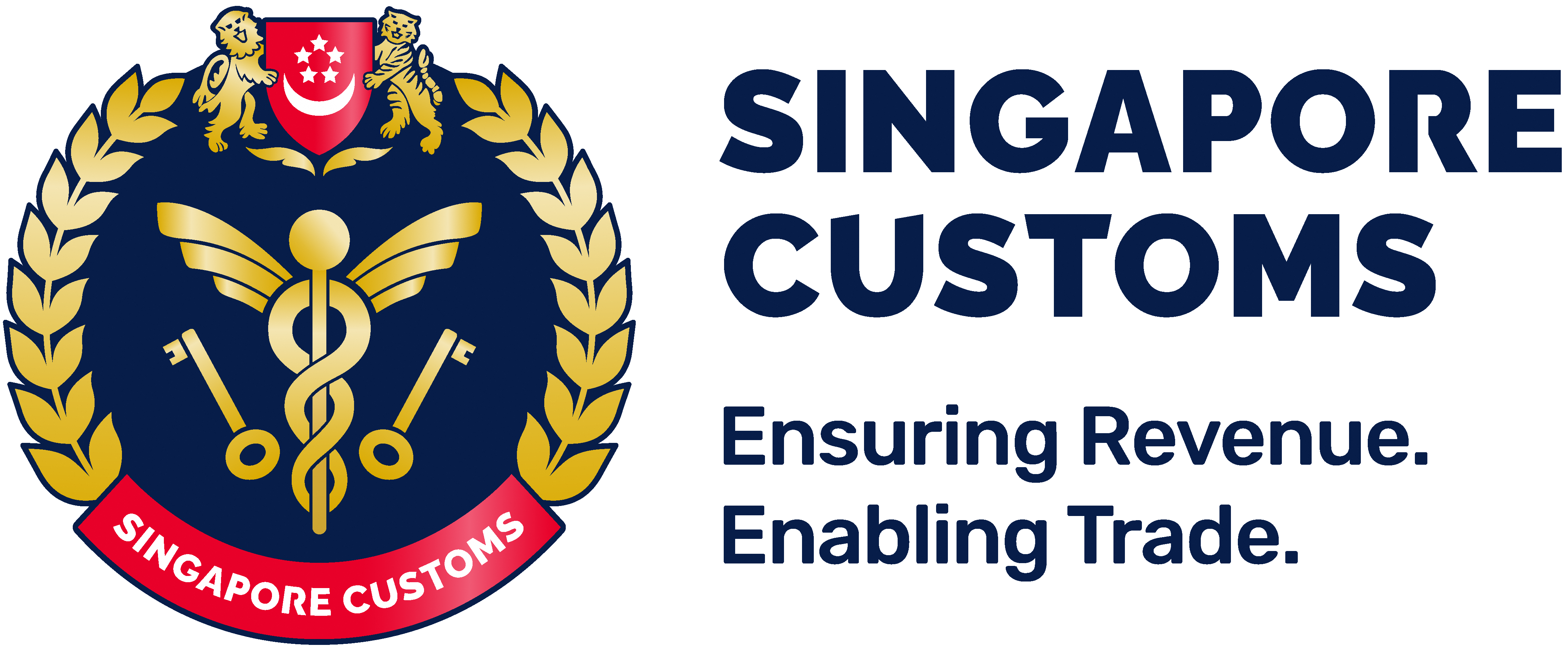Transhipment Operations Overview
Understand what transhipment means, when permits are required and the basic rules for moving goods through Singapore without import or export.
On this page
Quick Guide on Transhipping Goods
This page provides a quick guide on transhipment procedures for those who wish to tranship goods via Singapore.
What are the Transhipment Scenarios?
Transhipment goods refer to goods that are to be transhipped through Singapore from a place outside Singapore to a final destination outside Singapore, as evidenced by its accompanying supporting documents/scenarios:
Through Bill of Lading, Through Air Waybill or Through Manifest which does not mention any local party as a consignee or notifying party (i.e., shipper, consignee or notifying party are all overseas parties); or
Bill of Lading, Air Waybill or Manifest which mentions an overseas party as the shipper, and where the consignee or notifying party is a local shipping agent, Non-Vessel Owning Common Carrier (NVOCC), air cargo agent or freight forwarder arranging for the transhipment of goods through Singapore on behalf of the overseas party; or
Bill of Lading, Air Waybill or Manifest which mentions a local party as shipper, and where the consignee or notifying party is an overseas party or a local shipping agent, NVOCC, air cargo or freight forwarder.
The table below provides a summary of the transhipment scenarios listed above. Transactions that do not meet any of these scenarios are considered as imports and/or exports and must be covered by the relevant Customs import and export permits even if they remain within the Free Trade Zone (FTZ).
The transhipment of all goods is not subject to duty or Goods and Services Tax (GST). Please refer to Circular 01/2020 for more information on the storage of liquors and tobacco products in the FTZs.
Movement and parties involved
Summary of the transhipment scenarios
Scenario | Port of Loading | Port of Destination | Shipper | Consignee and/or Notifying Party |
|---|---|---|---|---|
A | Not Singapore | Not Singapore | Overseas Party | Overseas party |
B | Not Singapore | Not Singapore | Overseas Party | Local shipping agent, NVOCC, air cargo agent or freight forwarder |
C | Not Singapore | Not Singapore | Local party | Overseas party or Local shipping agent/NVOCC/FF |
How to Tranship Goods?
As a Transhipment Agent, you are required to account for the movement of your goods while they are being transhipped through Singapore.
Please refer to Transhipment Procedures to obtain the relevant transhipment permits (where required) and authorisation (where the goods are subject to transhipment control) from the relevant Competent Authorities (CA).
